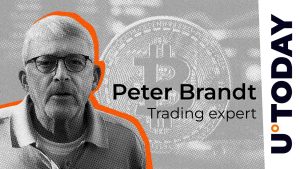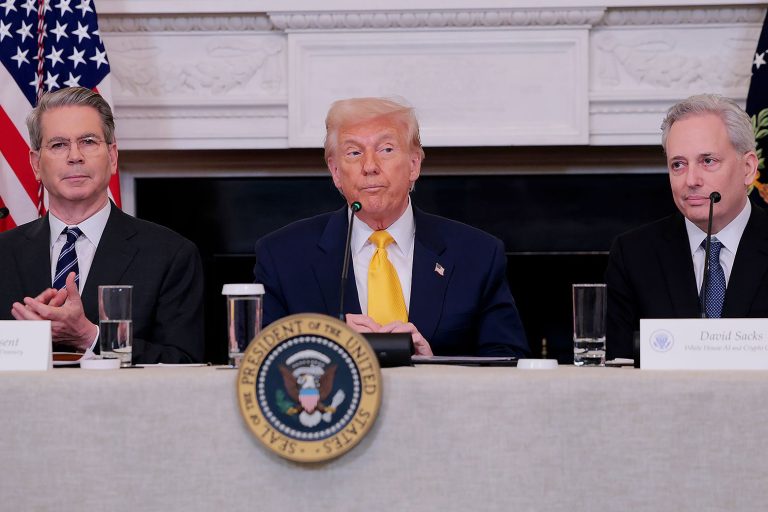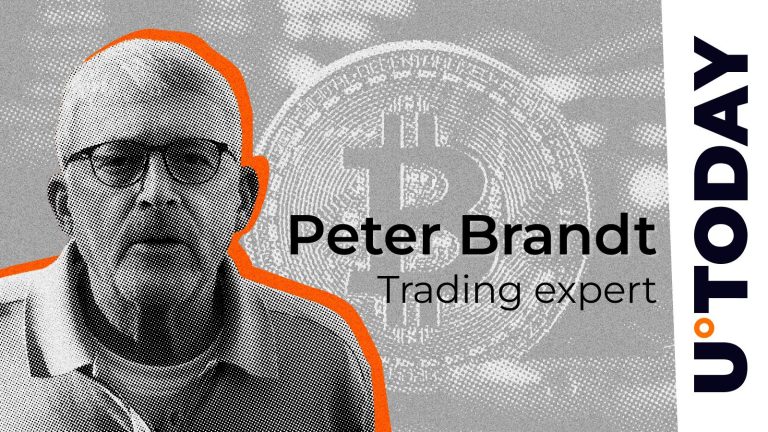- SafeMoon CEO Braden Karony convicted of multi-million dollar crypto fraud and money laundering.
- Prosecutors revealed Karony secretly accessed “locked” funds to fund a lavish personal lifestyle.
Braden Karony, CEO of digital asset firm SafeMoon, has been found guilty on all charges in a landmark crypto fraud trial. The case involved investor deception in the digital asset space.
After a 12-day hearing in the Eastern District of New York, the jury convicted Karony of conspiracy to commit securities fraud, wire fraud, and money laundering.
These charges could result in a prison sentence of up to 45 years.
How did SafeMoon’s CEO carry out this scheme?
Expressing on the matter, the Justice Department noted,
“When sentenced, Karony faces up to 45 years in prison. The jury also issued a verdict to forfeit one residential property and the proceeds from the sale of another residential property, amounting to approximately $2 million.”
Karony and his associates faced backlash for misleading SafeMoon investors about the liquidity pool’s security and integrity.
Prosecutors revealed that Karony conspired with others to falsely assure investors that executives had no access to the funds. They also claimed the funds were not being misused.
In reality, they siphoned off millions from the pool for personal gain. This happened even as SafeMoon’s market cap soared past $8 billion.
Legal experts weighed in
The FBI, IRS Criminal Investigation, and Homeland Security Investigations, backed by the SEC, led the investigation.
The case, heard over 12 days before U.S. District Judge Eric R. Komitee, exposed how the inner workings of the project sharply diverged from its public promises.
Adding on to the same, U.S. Attorney Joseph Nocella, Jr. said in a statement,
“The SafeMoon digital asset was anything but safe and turned out to be pie in the sky for investors who were deliberately misled by Karony, a man who sought to get rich quick by stealing and diverting millions of dollars.”
While the project’s liquidity pools were marketed as “locked” and protected from misuse, prosecutors revealed that Karony and his team secretly retained access and used the funds to bankroll a lavish lifestyle.
Nocella added,
“Karony used his scheme to purchase multiple homes, sports cars, custom trucks, and other luxury goods.”
What’s more?
Additionally, authorities revealed that Karony concealed his illicit gains by moving investor funds through pseudonymous wallets and unhosted exchange accounts. He ultimately pocketed over $9 million in cryptocurrency.
Co-defendant Thomas Smith has already pleaded guilty and is awaiting sentencing. Meanwhile, a third figure, Kyle Nagy, remains on the run.
This development comes after the SEC’s recent charges against Unicoin and its top executives. They are accused of misleading investors and raising over $100 million through deceptive claims.
The case highlights an intensifying crackdown on fraud in the digital asset space.










